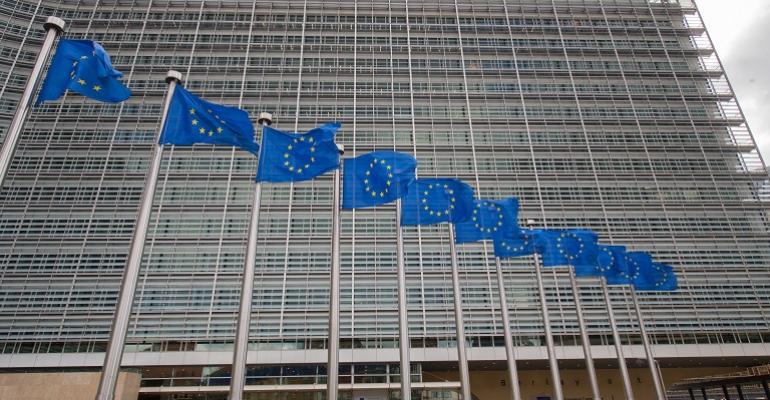The chamber acknowledges the need for action to face the climate crisis but contends the EC package may prove ineffective, greatly impact European shipowners and undermine global efforts to meet required environmental objectives. Further, the chamber contends inclusion of shipping in the EU ETS and the FuelEU Maritime proposals in the package, do not ensure absolute emissions reductions will be achieved.
“The decarbonisation of the shipping industry is a global and not a regional challenge and as a regional market-based measure, the EU ETS will seriously undermine the ongoing international efforts and negotiations at Imo towards the sector’s decarbonisation,” said the chamber in a statement dated 22 July.
Indeed, the chamber warns: “It could lead to retaliatory similar measures by major economies outside the EU thereby weakening the possibilities for a global solution for the shipping industry.”
“The very complex characteristics of the shipping industry, with numerous ship types, trades, contractual relationships and stakeholders involved, make the ETS with a fluctuating carbon price, a system that will negatively impact the many small and medium sized shipowners who form the backbone of European shipping,” said the chamber.
Furthermore, the chamber says generated revenues should support the sector’s energy transition. “It is important revenues from the ETS should be used to support investment in research and development as it is acknowledged by all that decarbonisation will only be possible with the development of fuels and technologies that do not currently exist,” it says.
Shipping’s decarbonisation should not fall solely on the shoulders of the shipowners, said the chamber, but it should be a collective effort by all stakeholders involved in the maritime transportation supply chain. In this respect the chamber welcomes the recognition of the role of the commercial operator in the proposal for the inclusion of shipping into the EU ETS.
The FuelEU regulation, which aims to promote the market uptake of cleaner fuels currently not commercially available, introduces an administrative burden in addition to the MRV system.
The chamber says shipping companies will be subjected to a whole new separate system of reporting and verification of the carbon intensity of the fuels used onboard. This coupled with penalties for companies failing to meet the targets due to no fault of their own but due to the unavailability of specified fuels will further and unfairly burden shipping.
Copyright © 2024. All rights reserved. Seatrade, a trading name of Informa Markets (UK) Limited.
Add Seatrade Maritime News to your Google News feed.  |

